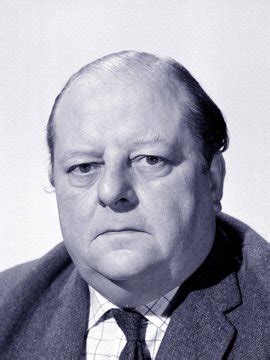A Quote by James Surowiecki
Of course, politicians always say they're just describing their opponents' positions, even if they are in fact offering absurd caricatures, if not outright lies.
Related Quotes
The fact is that in England so many of our politicians are career politicians - they've always been politicians since they left their education. And in the old days of course politicians used to be fish mongers or doctors or whatever. They'd lived life. These days, power seems to go to the hands of people that that's all they've done. And I'm not sure that's a good thing, because it does remove them from the realities of life.
Opponents say natural selection is not a theory supported by observation or experiment; that it is not based on fact; and that it cannot be proved. Well, no, you cannot prove the theory to people who won't believe in it any more than you can prove that the Battle of Hastings took place in 1066. However, we know the battle happened then, just as we know the course of evolution on earth unambiguously shows that Darwin was right.
It's the strangest thing about being human: to know so much, to communicate so much, and yet always to fall so drastically short of clarity, to be, in the end, so isolate and inadequate. Even when people try to say things, they say them poorly or obliquely, or they outright lie, sometimes because they're lying to you, but as often because they're lying to themselves.































